- Chinese team develops new perovskite battery material with efficiency exceeding 34.2%
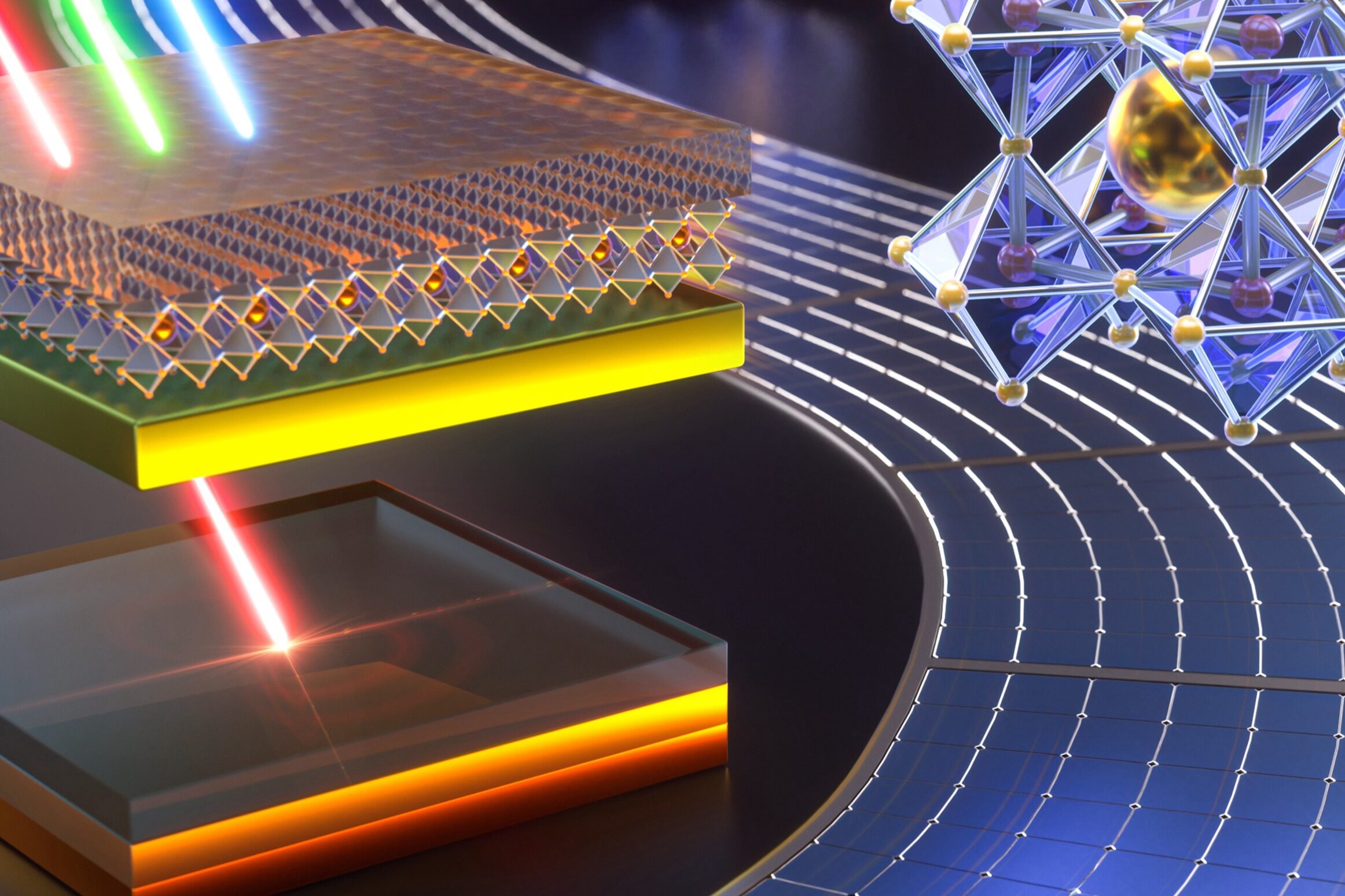
A Chinese research team has successfully developed a new type of self-assembled molecular material with dual free radicals, promoting a dual breakthrough in the efficiency and stability of perovskite solar cells and providing key technical support for the development of clean energy.
New materials overcome technical challenges
Changchun, Jilin Province, June 29 (Reporter Yang Lun) The research team of Qin Chuanjiang and Wang Lixiang from the Changchun Institute of Applied Chemistry, Chinese Academy of Sciences, made significant progress in the field of perovskite solar cells. The team innovatively developed a dual radical self-assembled molecular material with excellent performance, successfully solving the long-standing efficiency degradation and large-area processing problems in this field. The relevant research results have been published in the internationally authoritative journal Science. Perovskite solar cells are considered an important direction for the development of photovoltaic technology due to their theoretical conversion efficiency of up to 26%, low cost, and solution processing advantages. However, traditional hole transport layers have problems such as high preparation costs and poor thermal stability, which seriously restrict their industrialization process. The head of the research team stated that the current materials have insufficient carrier transport capability and poor assembly uniformity, which directly leads to a rapid decrease in device efficiency under actual operating conditions.
Innovative molecular design achieves performance leap
The research team adopted a conjugated design strategy for receptors and successfully developed an open shell double radical self-assembled molecule. This material exhibits stable free radical properties at room temperature, with a spin concentration nearly 1000 times higher than traditional materials. By introducing special steric hindrance groups, the phenomenon of molecular stacking is effectively suppressed, achieving high uniformity in the solution processing process.
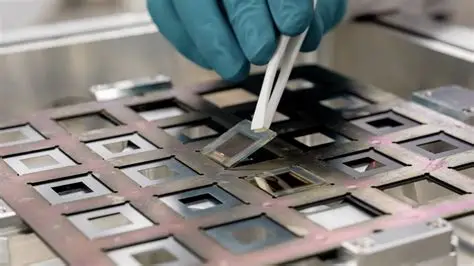
To accurately evaluate material properties, the team took the lead in using scanning electrochemical cell microscopy thin layer voltammetry technology to achieve quantitative analysis of carrier transport rate in single molecular layers for the first time. Test data shows that the carrier transport rate of the new material is more than twice that of traditional materials, and it exhibits excellent stability under simulated working conditions.
Global leading performance indicators
Solar cells based on this material have set multiple world records: the conversion efficiency of small area devices has reached 26.3%, the efficiency of micro components has reached 23.6%, and the efficiency of perovskite crystalline silicon stacked cells has exceeded 34.2%. After continuous operation for 1000 hours, the performance degradation rate of the device is less than 1%, far exceeding the level of similar international products. This study not only provides a revolutionary material solution for perovskite solar cells, but also establishes a precise evaluation system for the performance of molecular assembly states. Experts point out that this breakthrough will accelerate China's industrialization process in the field of new photovoltaic technology, which is of great significance for the global development of clean energy.(This article is from the official website of Jian Dao www.seetao.com. Reproduction without permission is prohibited, otherwise it will be prosecuted. Please indicate Jian Dao website+original link when reprinting.) Jian Dao website strategy column editor/Yang Beihua
Comment
 Praise
Praise
 Collect
Collect
 Comment
Comment
 Search
Search


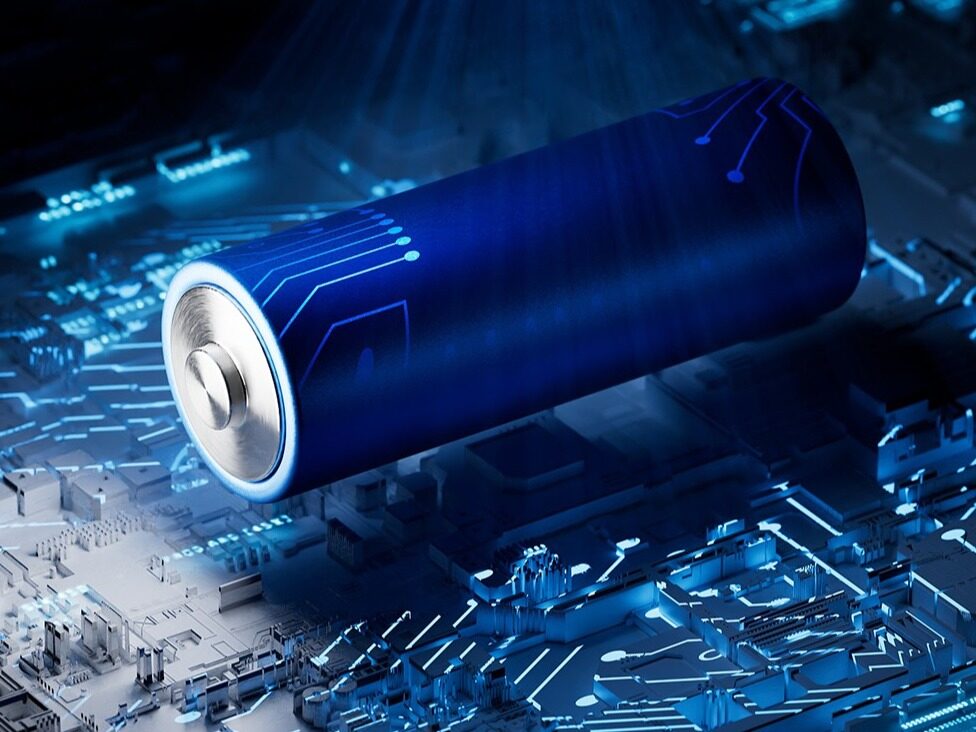

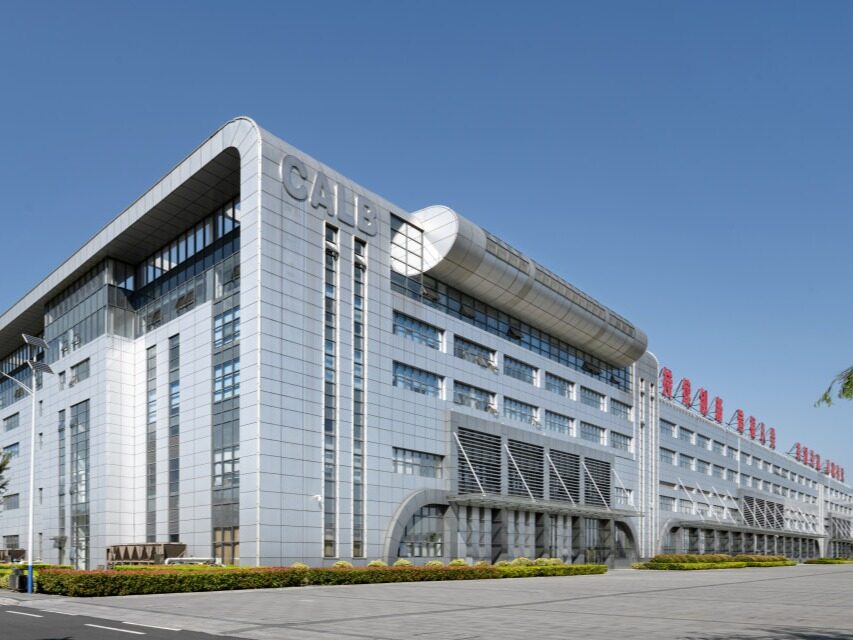
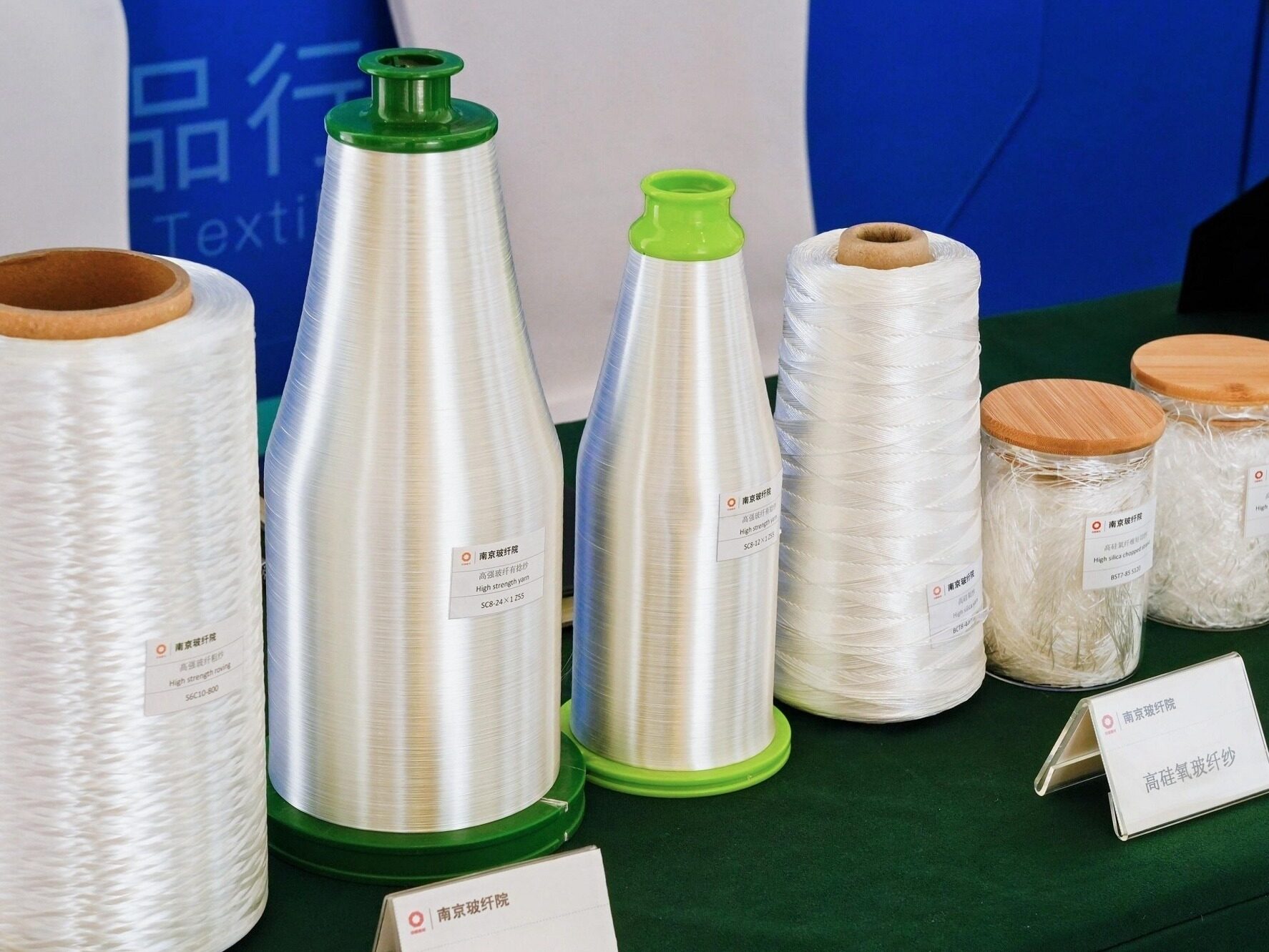
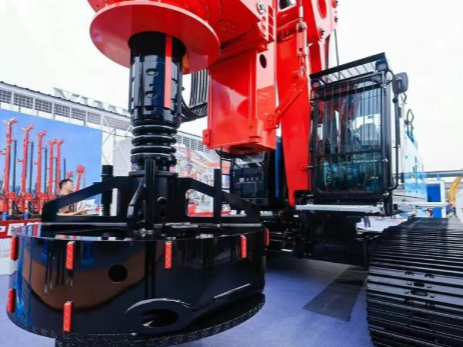







Write something~